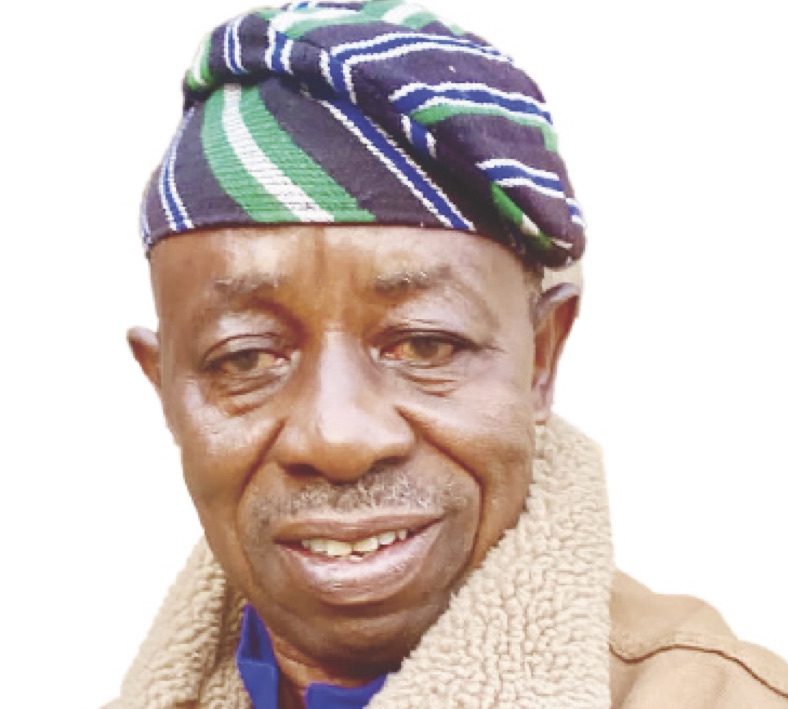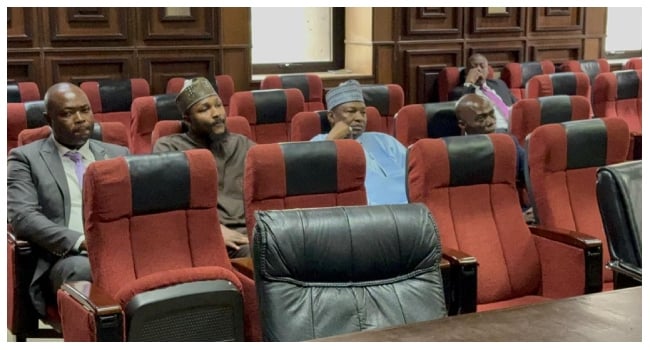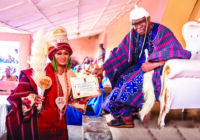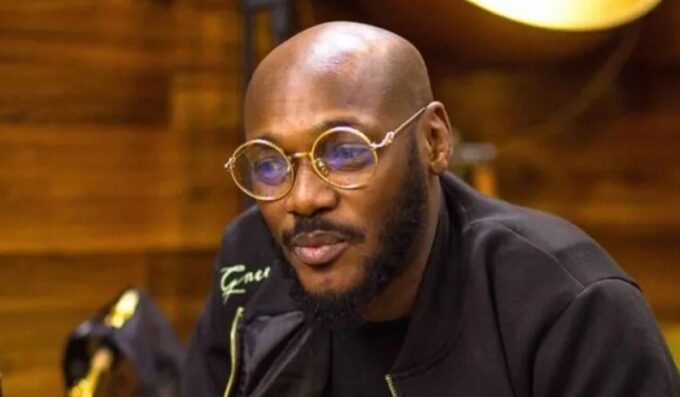By Rita Okoye
Tunde Kelani is a renowned cinematographer, producer, and director, who has consistently distinguished himself as a formidable force in the Nigerian film industry. Fondly known as TK, he has built an enduring legacy defined by creativity, innovation, and cultural relevance.
In this interview with Sunday Sun, Kelani discusses his latest cinema project, Cordelia, the essentials of filmmaking, the significance of thematic choices in his work, and other pressing issues shaping the industry.
Tell us more about your new project, Cordelia
I am very excited that the brand TK as it is widely known is taking the front row again with another amazing production. With Cordelia, you will understand that I put in all in the production.
Cordelia is a celebration of a journey that spanned over three years of resilience, creative energy, and unwavering collaboration. This is not just the release of a film; it is the celebration of a journey. A journey that began with a powerful story on the page and comes alive today on the screen. The movie is based on a novel by renowned Nigerian playwright and scholar, Professor Femi Osofisan. Cordelia delves into the delicate themes of silence, power, truth, and survival—exploring the emotional and political aftermath of historical events through the eyes of ordinary people.
As a thespian in the creative space, what importance does African literature play in cinema?
African literature plays a pivotal role in cinema as it helps reinforce the importance of adapting local narratives that reflect cultural identity and heritage. More importantly, African storytelling is unique because it preserves, interprets, and passes on culture. Our written stories, oral traditions, and lived experiences must continue to shape our cinematic expressions.
As one of the pioneers of film making, what are the essentials of film making?
I started as a photographer and one of the essentials of film making is the motion picture photography. I started from the strong technical position which a lot of people have missed today. It is very logical, for somebody like me who fell in love with literature from day one. I have read all the story books on literature during my secondary school days and I have seen the great American films when I was growing up.
No matter the theme of your movie, you always try to concentrate more on the sociopolitical sector of the country. Why have you developed so much interest in this?
Let me put it this way. I am a product of the society and I respond to the society. I am inspired by my cultural environment. These are stories about what I read in the newspapers or somebody told me. So, my work is basically influenced by the happenings in the society and the people around me. The society is enmeshed in a lot of activities that can tell a good story, it only depends on your professionalism. Whether you like it or not, you’re going to be confronted with societal challenges. I believe that everything is a natural progress that develops into becoming a story. The country is developing every day; it would be irresponsible of me to focus majorly on entertainment. When I go out every day, I see the travails of the people; it is part of my way of telling what I see out there in a story that will be easy to understand. My work is actually part of life.
With the everyday change in technology, particularly as the world moves towards global digitization, how do you manage to marry these with your world view that appears to be deep in traditions to tell your stories?
Modern time and tradition move side by side; it is our way of life. The Yorubas have a way of doing everything, children are born, people get married. These are traditional things that we do day in, day out. There has been an impact of other cultures on us, but it has not totally obliterated us as human beings. We have a rich cultural heritage, which is of great interest to me, our ways of life are threatened but it is my responsibility is to document as much as I can before they fade away. I am using my medium to communicate and document the happenings around us which others don’t take cognizance of. And, like I use to tell some of your colleagues, the Yoruba culture is rich and can stand against any other culture, any day.
Is that why you write your stories in Yoruba?
I am born into the culture and culture is me. It has been part of me since I started my career and it will continue to reflect in anything I do. This is one basic thing that I have found pleasure in doing and I am not going to stop doing films that will show the richness and beauty of the Yoruba culture and tradition.
Looking at all the films you have produced, which one would you say is most challenging and rewarding?
All the movies I have done were very challenging, because at every point, I could have access to so many resources, in terms of technology and money. So, each presents its own challenges. I had to work with a different technology to make a film anytime. Everything is changing and most of the tools we use in making quality movie these days are in Information Technology and you have to keep upgrading or else you become obsolete. I have had exciting challenges and the film making medium itself is about problem solving, so every one of them has been challenging in its own way but I am just excited by the new tools that are available.
What is the secret to your youthful, glowing look at 77?
I think it’s in the mind really. I thank God because I’m relatively healthy and fit. My work helps me a lot because it is very physical, spiritual in a way. Also, I am very cautious of my intakes and know when to slow down on work because that is one thing a lot of filmmakers don’t do; they are particular about the money forgetting that it is only the healthy ones a director will call for jobs. So, I know when my body needs rest, I quit for a while; revive myself and get back to work like I never left.


















Leave a comment